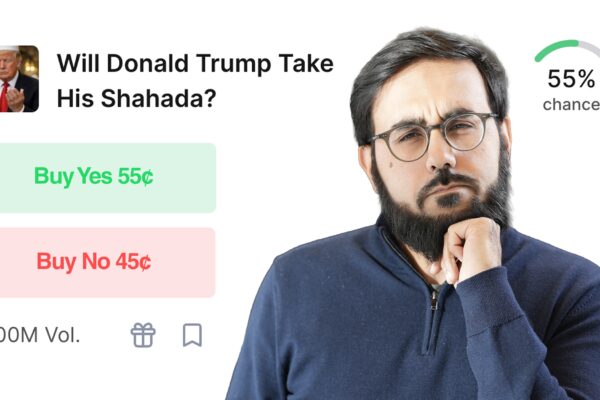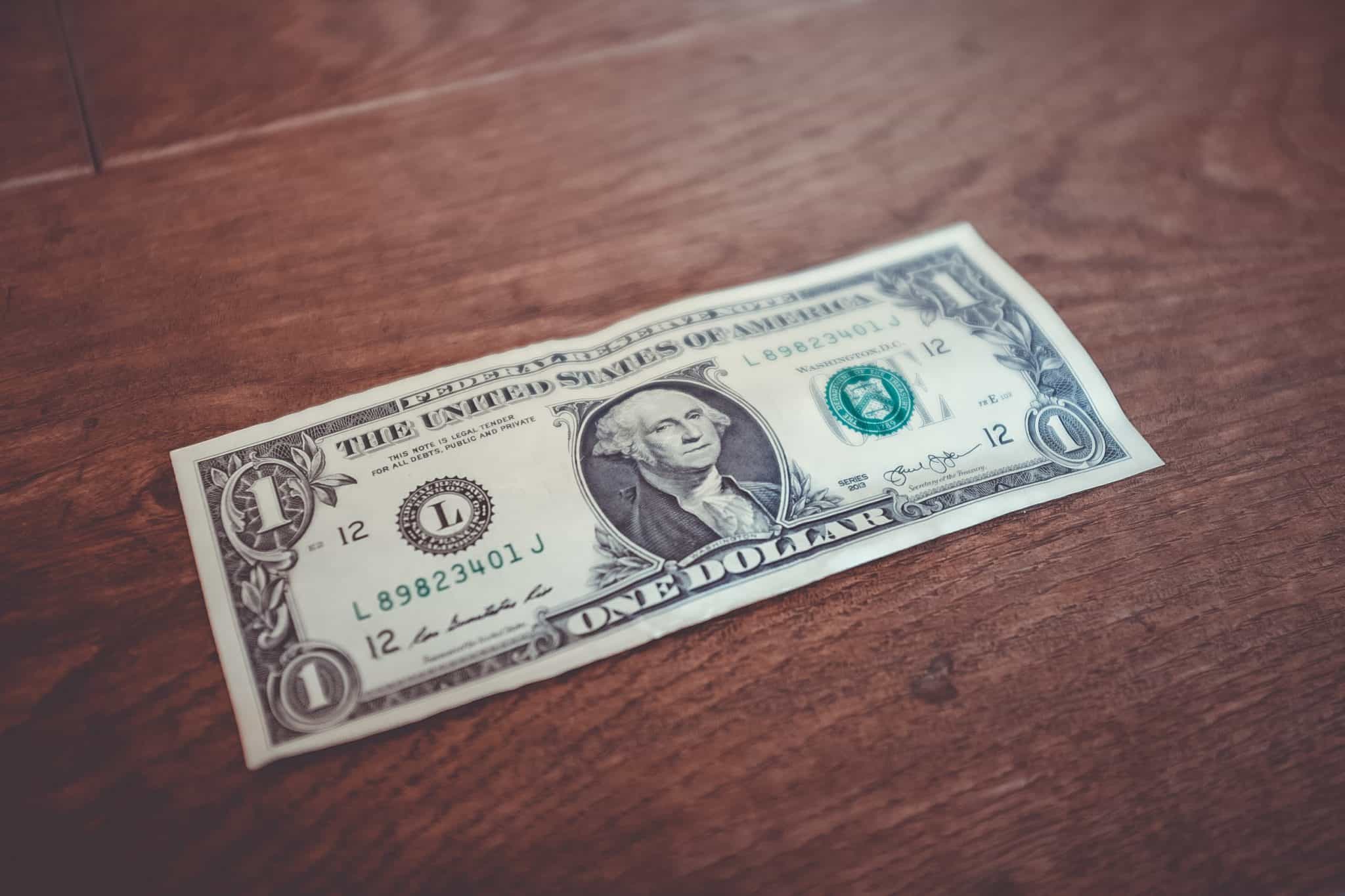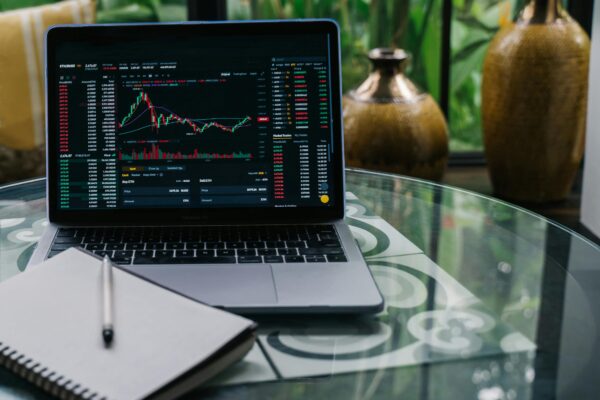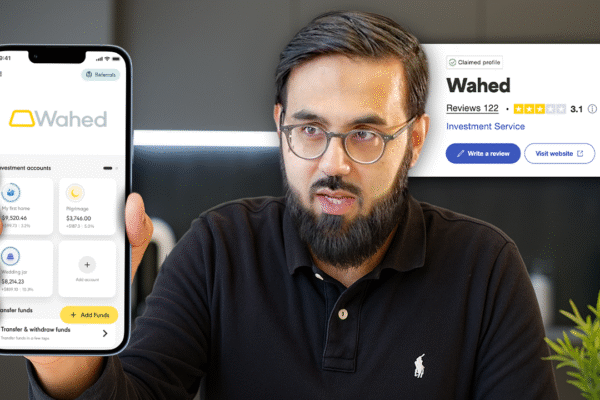
Are Prediction Markets Halal or Haram? The Truth About Polymarket & Kalshi
06 February 2026 7 min read


Haider Saleem
8 min read
Last updated on:
Fixed return investing is the bread and butter of most mainstream investment portfolios – but for Muslims, it is extremely difficult to find fixed income products as bonds are haram and Sukuk are not plentiful.
This article outlines the various options still available to Muslims to take advantage of fixed yield returns.
Here, we’ll discuss:
A Sukuk is an Islamic bond, however, they have fundamental differences from a normal bond as they must comply with Sharia:
In practice though, sukuk tend to build up a buffer to smooth out the uneven revenues produced by the underlying asset so that the investors continue to see a regular even return.
The issue is, unlike bonds, sukuk are not plentiful. Sukuk need a suitable property to form the basis of the issuance – which automatically makes things a little trickier. The alternative is government-issued sukuk – and we have seen some of those globally – but again they are a drop in the ocean compared to mainstream bond issuances by governments.
The other issue with sukuk is foreign currency exposure. Looking at the top holdings of Sukuk funds, they are in foreign countries such as Malaysia, Saudi Arabia and Pakistan. This leaves them open to currency movements as the rent being paid to the sukuk will be in a local currency but the payout to you will of course be in your currency.
Sukuk are not easily accessible, however, there are three places we can point you to:
Wahed Invest has Sukuk available in all of their portfolio types asides from the very aggressive option. Their very conservative portfolio is 92.50% Sukuk. You can access Wahed Invest here.
Oasis Crescent offers a Sukuk fund (their Global Income Fund) on Hargreaves Lansdown (HL) or Simply Ethical (check our review) Simply Ethical is an ethical halal investment platform.
Remember that funds have equity-like properties. The ownership is in a fund. The ability to sell will be in part on people wanting to buy it.
You should check the returns and see if it’s appealing to you (but remember – past performance is no guarantee of future results).
Franklin Global Sukuk Fund A(acc) EUR is another good fund. However, it is not easy to get into as it has high fees and high entry investments. Wahed has used them but may be looking to move away in due course due to higher costs.
Cur8 Capital is IFG’s own investment platform. We offer access to high-yielding sukuk funds offered by top fund managers in the Middle East. Usually the buy-in for a fund like this would be $500k+, however, through the power of syndication we get access and in turn open it up to our investors starting from minimums of £5000. You can find out more here.
For more on sukuk see this article.
Property is a lucrative investment class (it’s halal too) – we’ve written a Halal Property Investing 101 Guide.
First, don’t think you need a lot of money to start – there are many ways in which property investment has become accessible to anyone, requiring relatively small amounts of money.
There are only two things you want when investing in property (you’ll rarely get both):
There are 4 different property investment methods:
Remember, a fuller explanation is in our Halal Property Investing 101 Guide.
You’ll need a lot of upfront cash and it requires a lot of work.
As you’ll be in complete control, you keep all the profits. However, you’ll have to find the property, do the legal work and plan how to make money off of it all yourself.
Financing is another issue – if you borrow money, the bank has its own legal requirements that you have to satisfy before they lend you the money. You’ll be paying fees to them and your broker, if you have one. You could get a partner/family involved, but that creates further legal implications.
Consider starting small to reduce the risk. You will learn through doing it and making mistakes – better that it’s a mistake you can afford. Or you can consider investing in a REIT (Real Estate Investment Trust) or fund as discussed below.
A point to note – it’s not ok to get a conventional mortgage if you can’t afford an Islamic one. Mortgages are almost always haram – read more here.
Almost all of the pitfalls of doing it DIY I mentioned above are covered under this method.
A property investment company pools money from a number of people, then invests in the property and finally shares the yield and capital returns that they make.
They will control the investment – taking all the work off your hands.
An example of a property investment company is Yielders. We have a full review of Yielders. Some key points are as follows:
If committing to full ownership of a property is too risky for the time being, consider investing in a REIT (Real Estate Investment Trust) or fund. Such products are well structured and offer more liquidity to the holder. It also offers diversification to your portfolio.
A REIT is a company that invests in real estate by pooling the capital of numerous investors. This is another way for individual investors to earn dividends from real estate investments without the hassle of managing it themselves.
The downfall is they offer little capital application. You should also definitely check out their sharia-compliance carefully as not all REITs are halal.
You can invest in development projects on platforms such as Intro Crowd or Ethis Indonesia. They give much higher yields but that is as they are development projects so there’s an element of entrepreneurship at play here – you can compare them on our halal investment platform.
Now we’ve covered Sukuk and property, we’ll finally discuss higher-risk higher-reward fixed yield options.
This is yet another way to diversity your portfolio and adds exposure to high-growth investments.
The definition of what constitutes a high-return investment is subjective. Generally, anything 10% or above is a high return relative to other investments out there.
Of course, these investments have the potential to lose a large chunk of your principal investment (or all).
There are different investment platforms for you to use.
Below, we’ve given examples of SME financing or property investing – on Qardus. You can find and compare them on our halal investment platform.
Before we go into them there are some key points to consider with high risk/reward investing.
We have a full explanation of high-risk high reward investments here. However, some initial key points to consider:
Another type of high-risk, high-reward investment is SME financing. Qardus is a shariah-compliant lender to small and medium-sized enterprises with cashflow needs – they essentially provide businesses halal short-term loans. As the investor, you will earn money as the recipient business pays the money back.
The investment is structured via a commodity Murabaha structure and is approved by most leading scholars. Even though this is not the most preferred shariah mode for financing, Qardus have stated that they plan to see if other structures can be offered and we are comfortable with their approach as it stands.
Although it is a fixed-return investment, with investors able to obtain 8-12% returns over a 1-2-year period, they are still susceptible to losing a chunk of money too. Qardus do detailed credit checks of course, but there is always a risk that a business may delay or default on some of its payments. Again, the way to mitigate this risk is to build up a basket of such investments. That way you smooth out any odd default or delay here or there.
Okay, so you now know how fixed return investments work.
Now you should check out the other two main investment categories for your portfolio:
Then, to draw it all together, you should check out our Halal Investing for Busy Professionals online course. It’ll join the dots and help you get going on your investment journey step-by-step in an afternoon.
If you enjoyed this article, you can follow me on Twitter or LinkedIn.

06 February 2026 7 min read

26 August 2025 7 min read

24 July 2025 15 min read
Leave a Reply